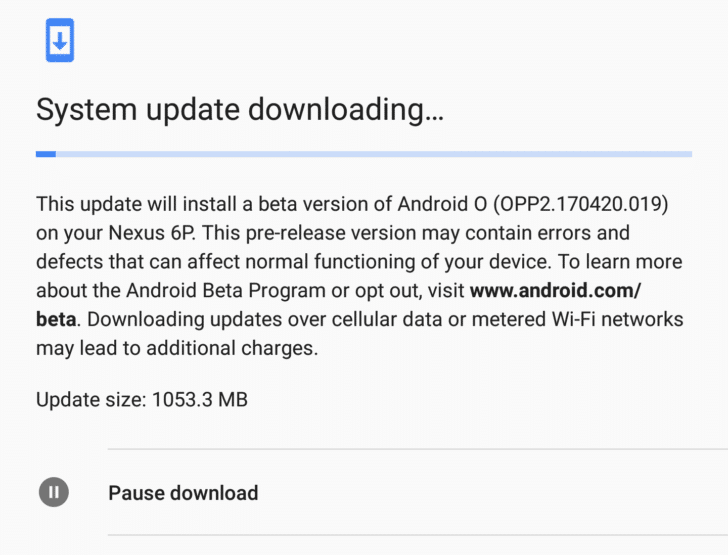
Google has taken quite a few steps in the last few years to help speed up the process of rolling out OS updates for smartphone OEMs. However, none of them have really helped much, with OEMs still taking months to roll out Android updates to their devices.
Ahead of Google I/O though, Google has announced a new project that seems very promising and can possibly help Android OEMs roll out updates faster.
Dubbed Project Treble, Google says that it is the biggest change to the “low-level system architecture of Android to date.” With this project, Google is separating the low-level vendor implementation — usually provided by silicon makers — from the Android OS framework. A modular OS framework means that OEMs can push out updates without having to wait for an updated low-level vendor implementation from their silicon maker.
As Google puts it, this is how the current update process for Android works:

With Android O and Project Treble, Google is introducing a ‘vendor interface’ allowing Android OEMs to update the Android OS framework without a reworked vendor implementation from their chip maker. The concept of vendor interface is similar to CTS which ensured that millions of Android apps are compatible across thousands of Android devices out there. There will be a Vendor Test Suite (VTS), similar to CTS, to ensure forward compatibility.

With a stable vendor interface providing access to the hardware-specific parts of Android, device makers can choose to deliver a new Android release to consumers by just updating the Android OS framework without any additional work required from the silicon manufacturers:

Now, here comes the bummer. Project Treble will only be applicable on new Android devices that launch with Android O or newer version of the OS. The Pixel phones, however, are already running the Project Treble architecture with the first Developer Preview of Android O.
Google also notes that it is working with its partners to implement common code changes directly into AOSP. It says that Sony and Qualcomm have contributed hundreds of such patches to AOSP which ensures that these companies no longer have to work on them when a new version of Android is released.
Google will be providing the full documentation on Project Treble later this summer when Android O launches.
[Via Google]















